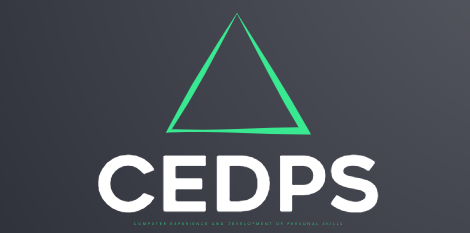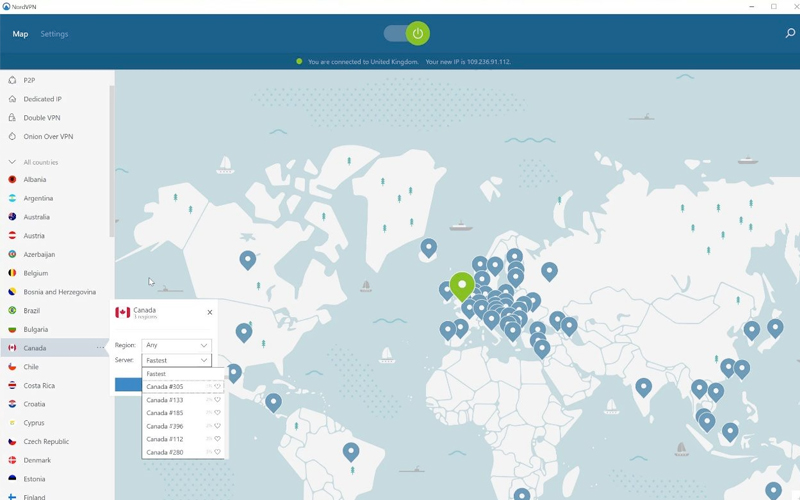Throughout the year I do a certain number of presentations in local schools, it’s organised by a charity who’s primary goals is to educate kids about how to be safe online. The presentation is carefully compiled to try and educate without scaring kids away from using technology. It’s very well done and even me with my limited presentation skills find it works really well with the right age groups. In my experience, kids seems to relate to the stories especially when it’s delivered personally rather than through some adverts which have previously been tried on UK television and I suspect across the world.
One of the issues I see with children who attend this presentation is the amount of personal information they put online. Whether on blogs, web sites or social networking sites like Facebook and Twitter. As part of the visit we encourage to discuss these tools and how people use them. I am frequently stunned to find how many Facebook friends some people have – there are loads of kids who have well over a thousand friends listed on their account – makes my sixty seem rather sad!
Why You Need to Hide Your Identity Online
Although most of the children can use these sites very easily – very few have any concept about the security settings. They are also blissfully unaware that whatever they upload to these sites is likely to be available for many years to come. There are many issues around this – in both short term and long term. For example, only last week a I did a google search on a management consultant who approached me looking for work and introductions. My search revealed she had written a blog and abandoned it some years ago detailing all sorts of personal problems and financial difficulties – not a good web image.
The problem is that most people are unaware that they have a digital identity and it’s building up every time you use the internet. Everything from messages, emails and the web sites you visit are recorded and logged somewhere. So combined with all the information you upload on purpose, there’s heaps of stuff being logged without your knowledge.
Obviously you should be extremely careful about what you upload onto the web, but you can also take some technical precautions. For example to stop you being logged and monitored many people use VPNs and proxy servers to hide their IP address. You can read about these methods on this site – http://www.proxyusa.com/ which explains the methods involved.
Interestingly by hiding your identity you can actually surf the internet a bit more easily – many web sites filter and block access based on your location and IP address. Netflix is a very recent example, by swapping your address you can access different versions of the site, fancy Japanese Netflix – no problem. Using an American VPN therefore allows you access to US only content like Hulu and NBC. Personally I always use a VPN to access the BBC from abroad, it’s something I simply couldn’t do without until there’s a legitimate method for accessing these sites when outside the UK,


Recent Comments